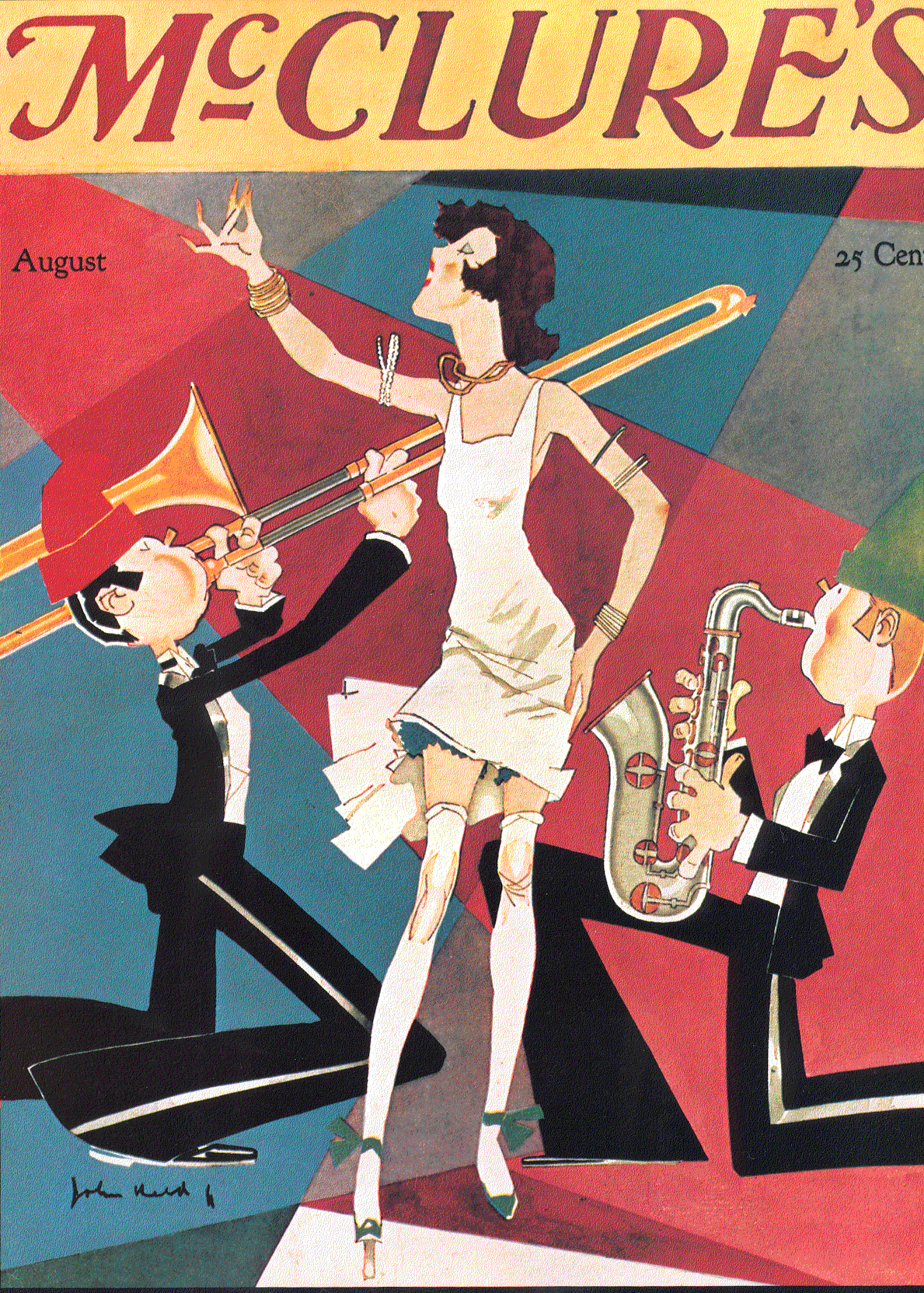 Despite some empty seats, the Monday night audience for Stephanie Blythe and Warren Jones was one of the most warmly enthusiastic I've heard for a vocal recital. And such enthusiasm was justified: Blythe and Jones had enormous musical and personal chemistry, and Blythe united consummate comic timing with her formidable vocal gifts. The evening opened with James Legg's Twelve Poems of Emily Dickinson, a cycle written for Blythe shortly before the composer's untimely death. Blythe and Jones read the poems before performing the cycle, in place of providing a booklet with texts; I'd love to see this practice spread. Legg's evocative, richly colored settings tied the poems together in a poignant and thoughtful narrative. The asynchronous timing for voice and piano in "There's been a Death, in the Opposite House" established deftly the unsettled mood, and Legg continued to use the piano to color the text strongly, to paint thoughts shattering on stone, the hot thickness of clover, the slow glory of a sunrise. Blythe's use shading of dynamics and her wide palette of tonal color made for an emotional subtlety somehow surprising from so large a voice. The dramatic twist at the end of the cycle, from "Success is counted sweetest" to " 'Tis not that Dying hurts us so" I found thoughtful and affecting. Samuel Barber's "Three Songs," setting the poetry of James Joyce, were also new to me. While given with technical mastery and finesse by Blythe and Jones, I felt that Barber's lush neo-Romanticism sat strangely with the spare beauty of the poems ("Rain has fallen," "Sleep now," "I hear an army.") The lover's invitation to "Come among the laden trees" marks a break from the traditional bower of romance in a way that Barber's harmonies do not; but this quality, which I found jarring, was one of the cycle's attributes most appreciated by my companion.
Despite some empty seats, the Monday night audience for Stephanie Blythe and Warren Jones was one of the most warmly enthusiastic I've heard for a vocal recital. And such enthusiasm was justified: Blythe and Jones had enormous musical and personal chemistry, and Blythe united consummate comic timing with her formidable vocal gifts. The evening opened with James Legg's Twelve Poems of Emily Dickinson, a cycle written for Blythe shortly before the composer's untimely death. Blythe and Jones read the poems before performing the cycle, in place of providing a booklet with texts; I'd love to see this practice spread. Legg's evocative, richly colored settings tied the poems together in a poignant and thoughtful narrative. The asynchronous timing for voice and piano in "There's been a Death, in the Opposite House" established deftly the unsettled mood, and Legg continued to use the piano to color the text strongly, to paint thoughts shattering on stone, the hot thickness of clover, the slow glory of a sunrise. Blythe's use shading of dynamics and her wide palette of tonal color made for an emotional subtlety somehow surprising from so large a voice. The dramatic twist at the end of the cycle, from "Success is counted sweetest" to " 'Tis not that Dying hurts us so" I found thoughtful and affecting. Samuel Barber's "Three Songs," setting the poetry of James Joyce, were also new to me. While given with technical mastery and finesse by Blythe and Jones, I felt that Barber's lush neo-Romanticism sat strangely with the spare beauty of the poems ("Rain has fallen," "Sleep now," "I hear an army.") The lover's invitation to "Come among the laden trees" marks a break from the traditional bower of romance in a way that Barber's harmonies do not; but this quality, which I found jarring, was one of the cycle's attributes most appreciated by my companion. Blythe changed the pace and mood of the recital following the interval, when she and Jones treated us to a generous sampling of Tin Pan Alley songs, given with gusto and scrupulous, sly attention to text. DeSylva, Brown, and Henderson were featured alongside the unmissable Porter and Berlin. Jones also gave a playful solo, Edward Confrey's "Kitten on the Keys" (which is what it sounds like, a cultural predecessor of the YouTube phenomenon.) The bold sensuality and frank good humor of "Button Up Your Overcoat," "You're the Cream in My Coffee," and "The Best Things in Life are Free/Keep Your Sunny Side Up" were given warm expression by Blythe, alongside a reading of "The Thrill is Gone" which memorably combined sexiness with melancholy. She joked about the difficulty of the songs before her Cole Porter set, but their challenges were not apparent in her delivery. The social satire of "The Tale of the Oyster" was sandwiched by Porter's romantic classics, "Night and Day" and "You Do Something to Me." Hearing one of Irving Berlin's early, irreverent songs, "If You Don't Want My Peaches," for the first time was a treat, as were Blythe's sincere, un-treacly "Always" and her zestful "I Love a Piano." Into the latter Jones interpolated Wagner to general hilarity. As the clamored-for encores, Blythe gave Berlin's "What'll I Do?" and saved us all from melancholy by chasing that with "Singin' in the Bathtub," which she performed with wholly unpretentious glee. It's hard to believe that this program marked Blythe's first recital at Carnegie; it's to be hoped that it will be the first of many.

This is truly a great read for me. I have bookmarked it and I am looking forward to reading new articles. Keep up the good work!. Russell
ReplyDelete